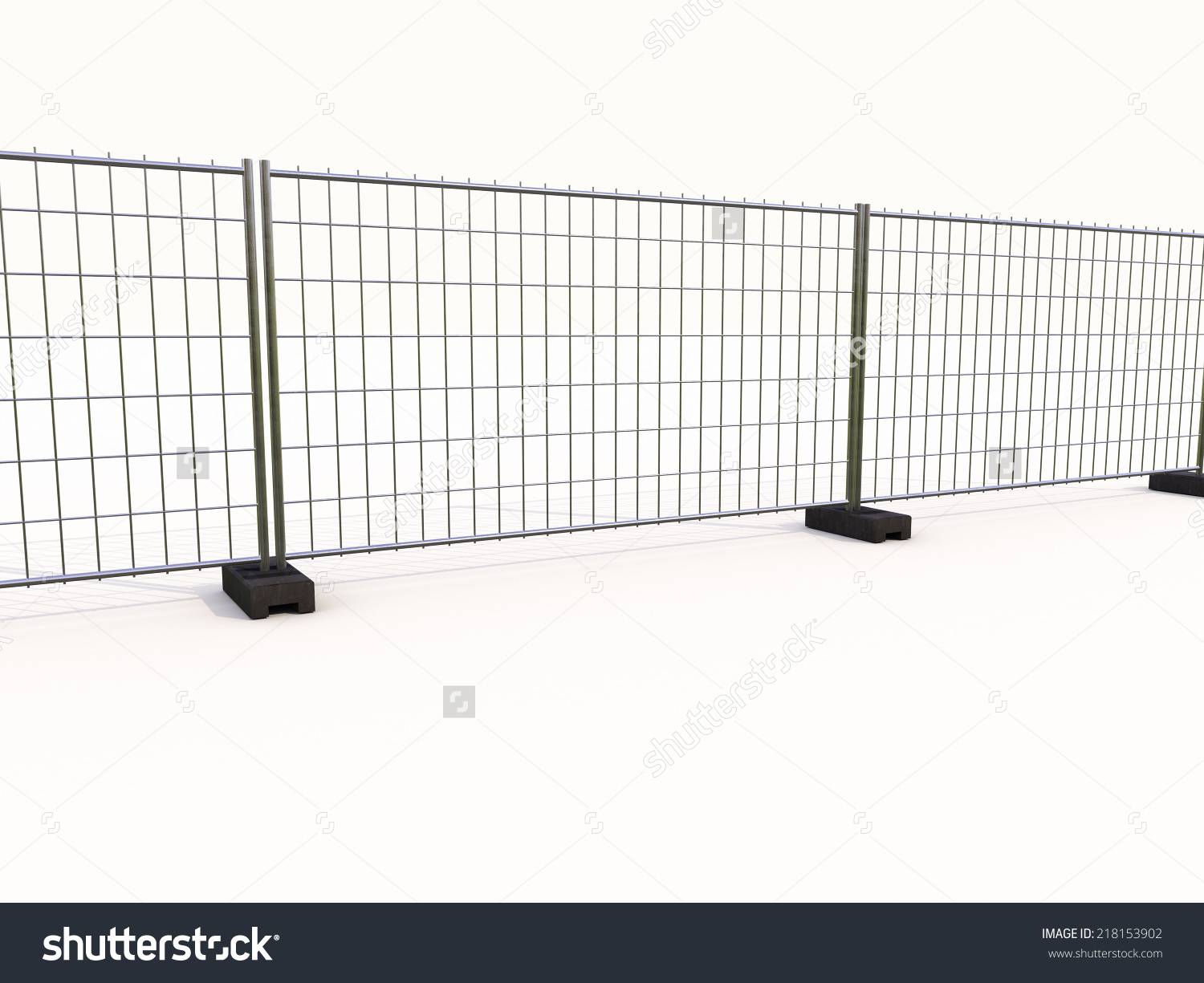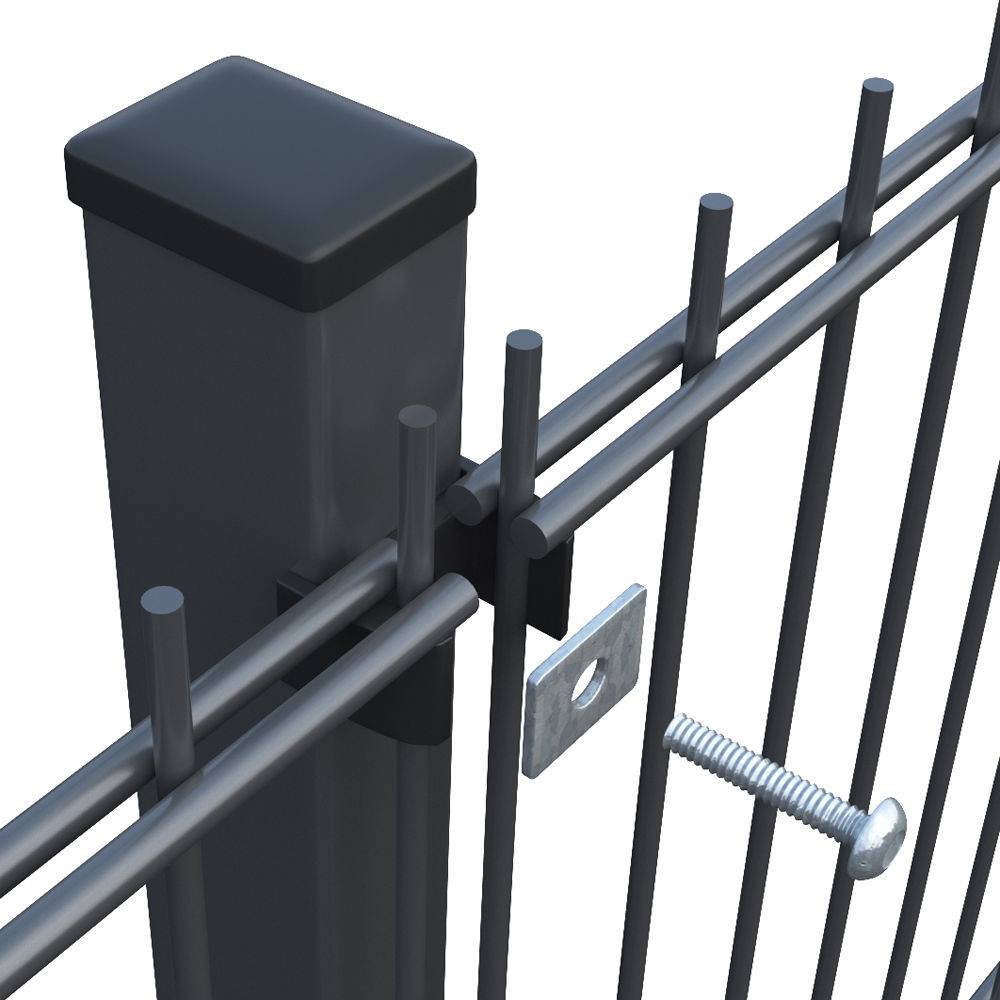

- africano
- albanese
- amarico
- arabo
- armeno
- Azero
- Basco
- Bielorusso
- bengalese
- Bosniaco
- bulgaro
- catalano
- Cebuano
- Cina
- China (Taiwan)
- Corso
- croato
- ceco
- danese
- Olandese
- Inglese
- esperanto
- Estone
- finlandese
- francese
- Frisone
- galiziano
- georgiano
- tedesco
- greco
- Gujarati
- Creolo haitiano
- Hausa
- hawaiano
- ebraico
- NO
- Miao
- ungherese
- islandese
- Igbo
- indonesiano
- irlandese
- Italiano
- giapponese
- giavanese
- Italiano:
- kazako
- khmer, lingua cambogiana
- Ruandese
- coreano
- Curdo
- kirghiso
- Lavoro
- latino
- lettone
- lituano
- Lussemburghese
- macedone
- malgascio
- malese
- Malayalam
- maltese
- Maori
- Italiano:
- mongolo
- Birmania
- Nepalese
- norvegese
- norvegese
- occitano
- Pashtu
- persiano
- Polacco
- portoghese
- Punjabi
- rumeno
- russo
- Samoan
- Scottish Gaelic
- Serbian
- Sesotho
- Shona
- Sindhi
- Sinhala
- Slovak
- Slovenian
- Somali
- Spanish
- Sundanese
- Swahili
- Swedish
- Tagalog
- Tajik
- Tamil
- Tatar
- Telugu
- Thai
- Turkish
- Turkmen
- Ukrainian
- Urdu
- Uighur
- Uzbek
- Vietnamese
- Welsh
- Bantu
- Yiddish
- Yoruba

Common Nails Are Versatile
From ancient woodworking to modern construction sites, unghie comuni remain indispensable fasteners binding our built world. These unassuming heroes, technically categorized as common wire nail products, combine simplicity with brute-force functionality. When evaluating project costs, the common nail price consistently proves economical compared to specialized alternatives. Their smooth shanks and diamond-point tips penetrate wood fibers cleanly, while flat heads provide hammering surfaces and load distribution. Unlike threaded screws or coated finishes, unghie comuni prioritize speed and shear strength over removability or corrosion resistance. This article explores their enduring relevance across industries, examining manufacturing standards, sizing systems, and cost-efficiency that cement their status as fundamental building blocks. Whether framing houses or assembling pallets, understanding these nails unlocks smarter material choices.
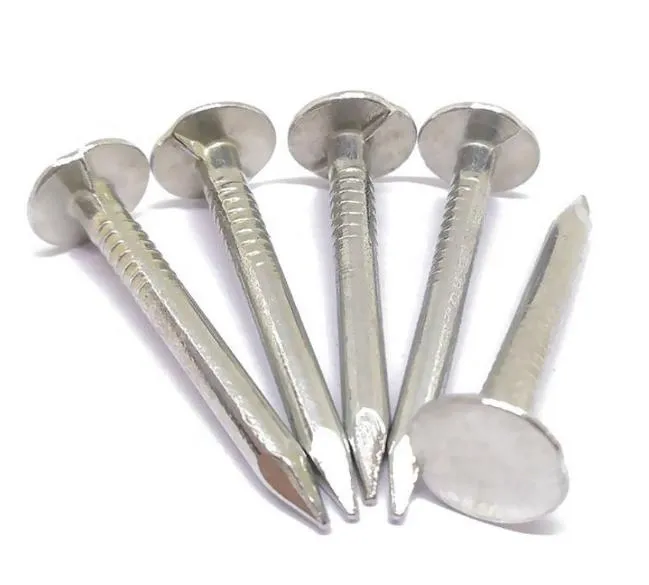
Understanding the Anatomy of a common wire nail
A common wire nail features four distinct components defining its performance. The head, typically flat and circular, prevents pull-through while offering a striking surface. The shank, the nail’s body, is smooth and cylindrical, minimizing wood splitting versus twisted or ringed designs. The point, sharpened to a diamond or chisel shape, initiates material penetration with minimal resistance. Finally, the tip transfers driving force upward. Manufactured from carbon steel wire coils, these nails undergo cutting, heading, and pointing processes. Higher-grade variants receive galvanization or vinyl coating, enhancing rust resistance for outdoor use. The common wire nail excels in applications demanding sheer holding power rather than clamp load, making it ideal for structural joints where vibration isn’t a primary concern. Its simplicity ensures compatibility with any hammer or nail gun, eliminating need for specialized drivers.
Decoding Common Nails Size and Measurement Systems
Common nail size follows the "penny" system (abbreviated "d"), a historical term denoting length and gauge. Sizes range from 2d (1-inch) to 60d (6-inches), with diameter thickening proportionally. A 16d common nail, for example, measures 3.5 inches long and 0.162 inches thick – the standard for framing walls. Smaller sizes like 8d (2.5 inches) suit sheathing and decking, while 10d (3 inches) fastens joists. Selection depends on material thickness: nail length should triple the depth of the top material. Using undersized nails compromises holding strength; oversized ones risk splitting wood or protruding hazards. Metric equivalents exist but penny sizing dominates North American markets. Always cross-reference penny size with actual dimensions, as regional variations occur. Understanding common nail size ensures structural integrity and prevents costly rework from fastener failure.
Factors Influencing common nail price in Global Markets
Raw material volatility heavily sways common nail price. Steel constitutes 60-70% of production cost, making nails vulnerable to iron ore and scrap metal price fluctuations. Manufacturing scale also matters: high-volume automated mills produce cheaper nails than boutique forges. Coatings add expense – hot-dip galvanized nails cost 20-30% more than uncoated due to zinc consumption. Packaging impacts price too; bulk 50-pound boxes offer lower per-unit costs than retail packs. Import tariffs and shipping fees create regional disparities, with landlocked areas paying premiums. Surprisingly, common nail price remains resilient against inflation compared to complex fasteners, thanks to efficient mass production. Seasonal demand spikes during construction booms may temporarily elevate costs, but market competition keeps long-term prices accessible. Always compare prices per pound, not per box, for accurate budgeting.
Versatile Applications Where unghie comuni Excel
Common nails dominate rough construction and temporary assemblies. In framing, their thick shanks withstand lateral forces in wall plates and roof trusses. For wooden scaffolding or concrete formwork, they allow rapid disassembly without damaging lumber. Pallet manufacturers rely on them for high-speed nailing of stringers and deck boards. Even in demolition, unghie comuni temporarily brace unstable structures. Landscaping projects use them for securing fence posts or garden beds. Their holding power in end-grain applications surpasses screws, making them preferred for attaching studs to sole plates. While unsuitable for finish carpentry (where heads mar surfaces) or hardwoods (risk of splitting), their brute strength is unmatched in softwood structural connections. Always predrill near wood edges to prevent splitting in critical applications.
FAQS about Expert Answers on Common Nails Utilizzo
What is the weight capacity of a standard common wire nail?
A 16d common wire nail in softwood withstands 112-150 lbs shear load. Capacity varies by wood density, nail orientation, and installation angle. Always engineer critical connections.
How does common nail price compare to screws or bolts?
Common nail price is 70-90% lower than equivalent screws. Bolts cost 5-10x more but offer adjustable tension. Nails win in high-volume, non-disassembly scenarios.
Can unghie comuni be used in pressure-treated lumber?
Yes, but specify hot-dip galvanized or stainless unghie comuni. Standard steel corrodes rapidly due to treatment chemicals, risking structural failure.
What common nails size is best for attaching subflooring?
Use 8d (2.5-inch) unghie comuni spaced 6-8 inches along joists. Ring-shank nails offer superior pull-out resistance but cost more than smooth unghie comuni.
Are common wire nails recyclable after removal?
Yes! Clean steel common wire nails are 100% recyclable. Separate from wood debris and take to scrap metal facilities – some even pay by the pound.
Don’t let inferior fasteners compromise your craftsmanship. Our mill-direct unghie comuni meet ASTM F1667 standards, guaranteeing unmatched tensile strength and consistency. Explore unbeatable common nail price options – from galvanized bulk coils for contractors to retail packs for DIYers. Whether you need rugged 60d common wire nail stakes or precision 4d brads, our inventory delivers. Every batch undergoes rigorous bend-testing and coating inspections. Partner with us for technical guidance on common nail size selection and load calculations.Build confidently; build with the world’s most trusted fastener. Contact our team now for a quote and nail your next project!
Prodotti consigliati
Ultime notizie su CHENG CHUANG
-
 Wire mesh is durableWire mesh represents a cornerstone of modern industrial and agricultural solutions, offering unmatched versatility across countless applications.Leggi di più >
Wire mesh is durableWire mesh represents a cornerstone of modern industrial and agricultural solutions, offering unmatched versatility across countless applications.Leggi di più >Jul 11 2025
-
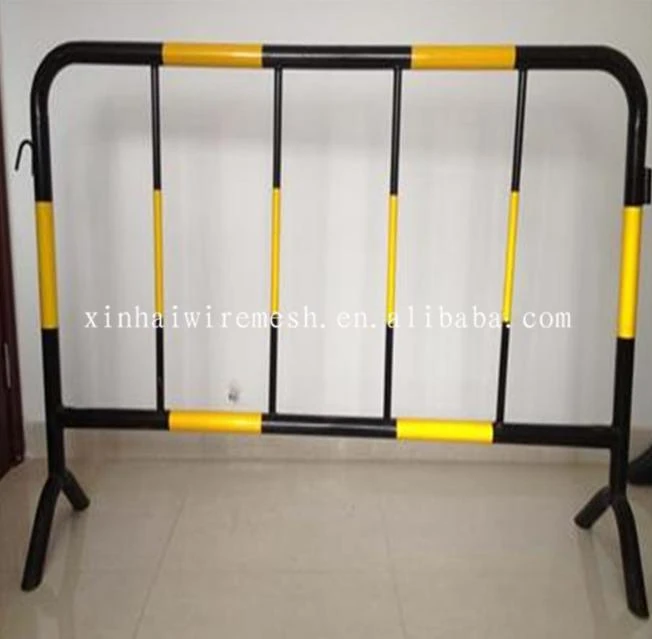 Safety barrier directs traffic flowIn high-risk environments, safety barrier systems stand as non-negotiable guardians against catastrophic incidents.Leggi di più >
Safety barrier directs traffic flowIn high-risk environments, safety barrier systems stand as non-negotiable guardians against catastrophic incidents.Leggi di più >Jul 11 2025
-
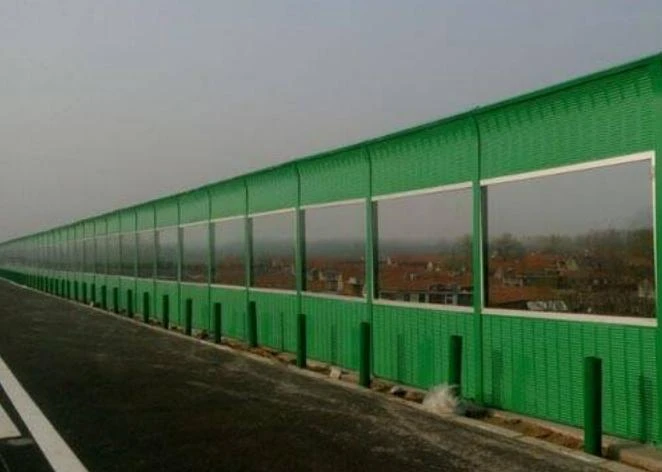 Modular Noise Barrier Eases InstallationUrbanization intensifies noise pollution, making noise barrier systems essential for preserving human health and tranquility.Leggi di più >
Modular Noise Barrier Eases InstallationUrbanization intensifies noise pollution, making noise barrier systems essential for preserving human health and tranquility.Leggi di più >Jul 11 2025
-
 Metal fence types enhance securityMetal fence types form the backbone of modern perimeter security solutions worldwide.Leggi di più >
Metal fence types enhance securityMetal fence types form the backbone of modern perimeter security solutions worldwide.Leggi di più >Jul 11 2025
-
 Crowd Control Barrier Manages Foot TrafficThe management of public gatherings demands precision, safety, and reliability, making crowd control barrier systems indispensable tools for organizers worldwide.Leggi di più >
Crowd Control Barrier Manages Foot TrafficThe management of public gatherings demands precision, safety, and reliability, making crowd control barrier systems indispensable tools for organizers worldwide.Leggi di più >Jul 11 2025
